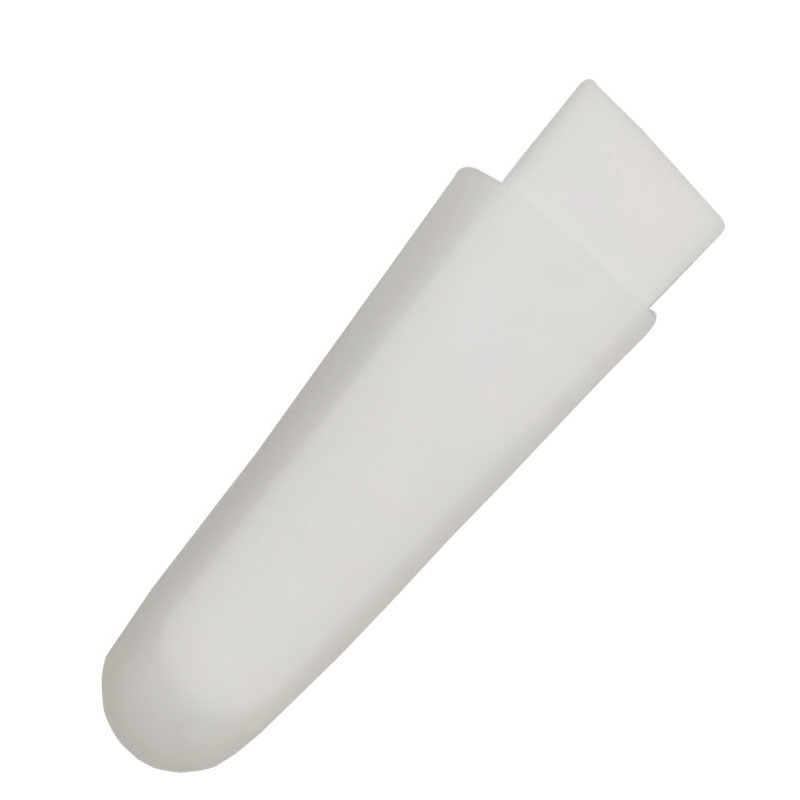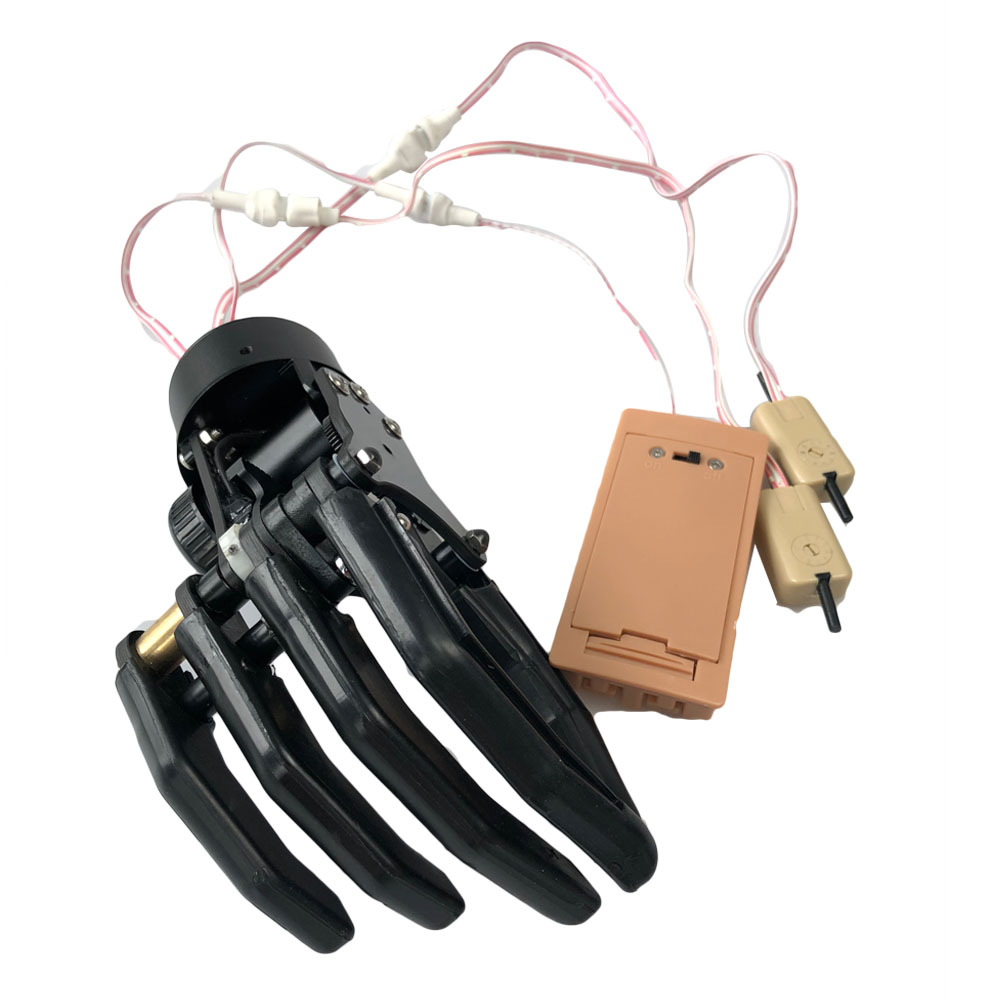Data Center Knowledge is part of the Informa Tech Division of Informa PLC
This site is operated by a business or businesses owned by Informa PLC and all copyright resides with them. Informa PLC's registered office is 5 Howick Place, London SW1P 1WG. Registered in England and Wales. Number 8860726. China Cuplock Scaffold

Original design manufacturers (ODMs) and original equipment manufacturers (OEMs) both play a key role in helping companies bring new products to market, but with key distinctions in areas like product development, production, and branding.
In this article, you’ll get a foundational understanding of what ODMs and OEMs are, their differences and benefits, their value in the data center industry, and factors to consider when choosing an ODM or OEM partner.
Related: Exploring Alternatives to OEM Maintenance for Your Networking Hardware
An ODM, or original design manufacturer, is a company that develops products themselves before manufacturing them for another company – typically a brand or retailer. ODMs handle the entire product development process in house, including research and development (R&D), design, engineering, and manufacturing.
One application involves private labeling or white labeling, where the ODM produces its products and then licenses the products to another company to handle the branding and sales.
In the data center industry, ODM refers to original design manufacturers that specialize in the designing, testing, and manufacturing of data center hardware products and systems, including servers, networking equipment, storage devices, and related infrastructure products. They often partner with data center OEMs, who brand and sell the end products.
Examples of ODMs in the data center industry include Foxconn Technology Group, Wiwynn, Quanta Computer, and Inventec.
An OEM, or original equipment manufacturer, is a company that produces and assembles products or components for use in the creation of another company's end product.
OEMs specialize in large-scale manufacturing and supply chain management, allowing for low costs and higher volumes. Additionally, OEMs can manufacture products to the exact specifications required by their clients, who then sell the final products to consumers.
In the data center industry, OEM refers to original equipment manufacturers that design, produce, and sell data center hardware components, systems, or infrastructure under their own brand name.
Examples of OEMs in the data center industry include Dell Technologies, Apple, Hewlett Packard, Cisco, and IBM.
For the uninitiated, it's easy to confuse these two terms – but understanding their key differences is crucial to any hardware strategy. The below table breaks down what you need to know when comparing OEM vs. ODM.
Yes. ODMs and OEMs can collaborate when a company wants to leverage the respective strengths of both ODMs (product design, engineering, prototyping) and OEMs (manufacturing, supply chain management, and large-scale production).
For example, an ODM can source specialized parts from an OEM to create a finished product. The ODM provides the product specifications, and the OEM produces and assembles the components.
Another example involves a company working with an ODM to research, design, and prototype a product. Once the design is finalized, the company can engage with an OEM to manufacture the components or products at a large scale.
ODMs and OEMs have extensive expertise in their respective domains, product design, and development for the former, and manufacturing processes for the latter. They also have well-established quality control procedures, quality assurance teams, and testing processes, ensuring exceptional quality products for clients.
ODMs can tailor existing designs to meet specific client needs, and OEMs can manufacture a part or product from scratch to meet a client’s exact specifications. The ability and flexibility to provide this level of customization can help clients cater to their consumer’s needs.
ODMs can help clients streamline their product development cycle because they specialize in product design and development, thereby significantly reducing the time needed to bring a new product to market.
Companies with limited in-house manufacturing capabilities can leverage an ODM or OEM’s manufacturing capacity and supply chains, thereby ensuring greater product availability.
ODMs and OEMs have highly-specialized expertise and optimized manufacturing processes, which allows companies to reduce costs through efficient resource allocation, reduced production costs, and bulk purchases than if they were to manufacture their own products.
Clients can experience a higher level of satisfaction from a combination of unique customization, product security, IP protection, efficient communication, timely delivery, and high-quality products by partnering with an ODM or OEM.
Clients who partner with reputable ODMs and OEMs can experience greater brand recognition and credibility for choosing trusted, industry-known manufacturing partners.

Casting Drive-By-Wire Spring Lock More information about text formats